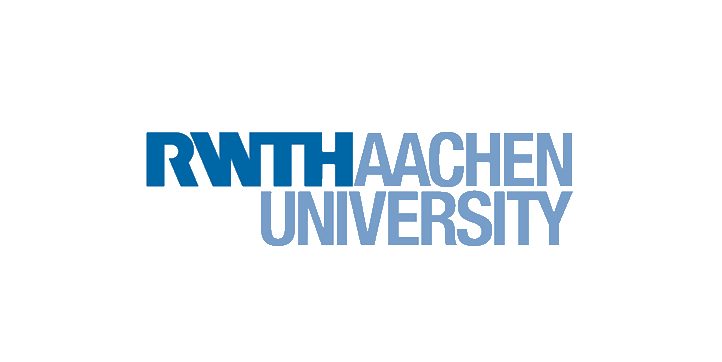RWTH Aachen University: Scientists call for a global science council on chemicals and waste management
An international group of scientists under the leadership of ETH Zurich and with the participation of RWTH Aachen University calls for the establishment of a global intergovernmental body for science and politics to inform political decision-makers and the public about the pollution of the environment with chemicals and waste. In the current issue of the journal Science, the researchers explain how the inadequate communication between science and politics in current international chemicals policy has contributed to widespread damage to health and the environment.
“We need an international supervisory body to deal with cross-border environmental problems with chemicals such as heavy metals and persistent organic pollutants and with waste from, for example, plastic or electronic scrap in a solution-oriented manner,” said the lead author Dr. Zhanyun Wang, senior scientist at the ETH Zurich in Switzerland. “Such environmental problems are particularly critical for low-income countries, which have often become landfills for other countries’ waste without the necessary chemical and waste management capacities.”
It is estimated that exposure to just a fraction of the 100,000+ chemicals used today resulted in over 1.3 million premature deaths in 2017. Chemicals that are harmful to humans and the environment include, for example, those that make our raincoats water-repellent but can cause cancer, pesticides that keep farmland free from weeds and pests but contribute to biodiversity loss, and metals from our electronic devices and electric car batteries. pollute electronic waste workers and their families. Although pollution of the environment and people is a global problem, there is no global mechanism for policy makers to keep themselves updated with the latest scientific evidence on
Due to the ever increasing amount and variety of chemicals used, such damage is likely to multiply. Global chemical sales reached over $ 5.6 trillion in 2017 and are estimated to nearly double by 2030. The same applies to the amount of waste generated – the amount of plastic waste that will end up in the sea in 2025 will probably be ten times higher than in 2010.
The authors of the article argue that a global intergovernmental body of science and politics would help address chemical and waste management problems, much like the Intergovernmental Panel on Climate Change (IPCC) science councils on climate change and intergovernmental science -Policy Platform on Biodiversity and Ecosystem Service “(IPBES) for the loss of biodiversity. Such an organization in the field of chemicals and waste is urgently needed in order to inform the political decision-makers from a higher level in a similar way as the IPCC supports the negotiation and implementation of the Paris Climate Agreement. In addition, such an organization can help to correct false or misleading information,
Dr. Wang added, “Establishing a new science and policy body will not solve all chemical and waste problems. However, it will strengthen informed political decision-making in dealing with chemicals and waste and, with the incorporation of current scientific knowledge, also point out new problems with chemicals and waste at an early stage. A journey of a thousand miles begins with a single step, and we hope that governments around the world will take this crucial step in reducing the world’s chemical pollution. “

